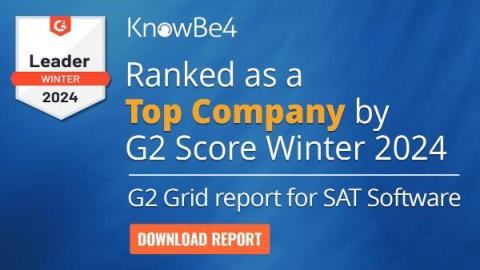Microsoft Takes the Lead in Q4 2023 for Alarming Phishing Attempts
Microsoft was the most impersonated brand last quarter, accounting for a third (33%) of all brand phishing attempts in October, November, and December 2023, according to Check Point’s Brand Phishing Report for Q4 2023. Check Point notes, “The technology sector stood out as the most targeted industry overall, with Amazon securing second place with 9% and Google in third at 8%.




